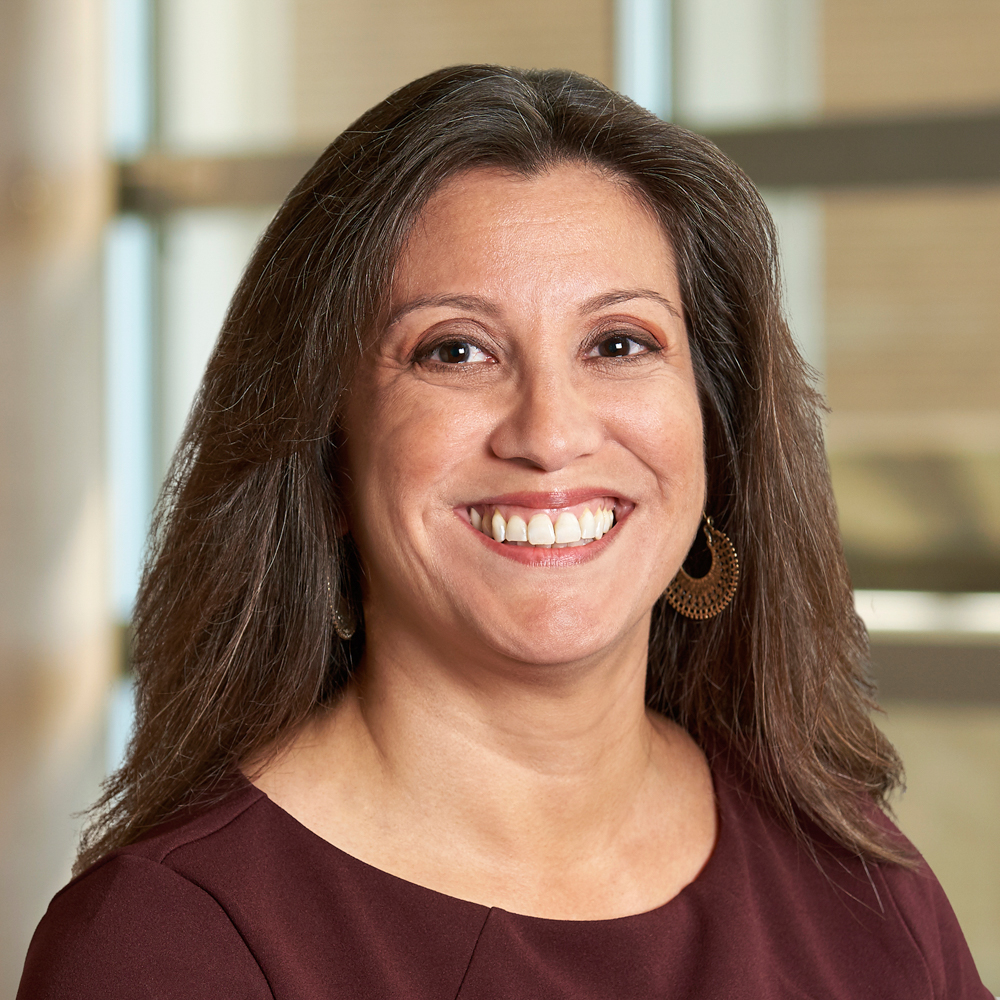We’ve just wrapped Black History Month 2022, but it shouldn’t stop there for you or your business. Black history is more than a month.
Here are some ways to keep the momentum going through your business in the coming months, and years, for more impact:
Diversity in Corporate Boards
Allow Black leaders to shine through in the diversity of your corporate board. Not only is this step good for supporting Black individuals, it also shines in your business.
A strong board is made up of several people from many different walks of life, histories, experiences, and outlooks on life. When you diversify your board, you lay a strong foundation for your business moving forward.
Consider Mentorship Programs
Take some time to consider how you can uplift and inspire others in your community. For example, can you help minority students in school get internships or direct mentoring from you? You could help grow their confidence and self-esteem, as well as propel them forward toward better career paths and additional future opportunities by mentoring them. This is a simple way for you to help and be able to observe the fruits of your labor for years to come.
Your Vendors
Assess what vendors you work with. How can you diversify your vendor pool? Are you supporting Black-owned businesses? This step may take some research on your part. Still, it shows your initiative and that you support diverse individuals and businesses through your company. You may want to ask around with similar businesses to see how you can branch out when it comes to the vendors you use.
When it comes to vendors you patronize, don’t stop just at your business. Look for ways to make purchases as a consumer that also support minority-owned companies.
Your Employees
Your employees reveal and reflect a lot about your business, your goals, and what you support. How are you recruiting with diversity and inclusion in mind? If you have a human resources department or human resources staff, now might be a good time to review your recruiting policies and procedures. You may want to make some changes to help ensure a diversified pool of employees.
A strong board is made up of several people from many different walks of life, histories, experiences, and outlooks on life.
Referral Partners
Who do you refer to or recommend when a request is made? Do you have a go-to referral partner that maybe should be one among many in a diverse group? How can you increase diversity in your group of referral partners? You may have more resources in your pool than you think; you may need to simply take the time to include ones that you haven’t in the past. If you need more, consider how you can expand your network. Perhaps by:
- Attending more networking or local educational events
- Asking colleagues
- Getting to know others who work with the people you know
- Connect colleagues, partners, and colleagues or share industry information others would find useful — doing so encourages those in your network to reciprocate when you also need to grow your network
- Joining various groups, commissions, clubs, and associations
- Research events happening in your community and get involved
Revisit your network frequently to identify which relationships you should continue to nurture and which you might need to try to add. Work this strategy into your ongoing business plan and make it a business objective to keep your network trim but powerful.
Do your actions reflect the value you place on diversity and Black History Month throughout the year?
Businesses You Personally Patronize
If you’re like most people, you make purchases on a daily basis or at least several times a week. Whether it’s your morning coffee, the nearby lunch bistro, flowers for your significant other, a new suit at the mall, or a significant purchase like a home or vehicle, you have the power of your money. Take a serious look at where you are spending your hard-earned dollars. Do your actions reflect the value you place on diversity and Black History Month throughout the year? If you aren’t sure about your answer, how can you work to change that? How can you use your consumer shopping power to do more with your money than simply make a purchase?
While these changes can’t and won’t happen overnight, the fact that you are working towards them shows that you care about diversity and Black History throughout all 12 months of the year. You may want to pick one or two goals to work on at a time as not to get overwhelmed. You can also look to your business colleagues and fellow business owners for ideas.
In practice for 30 years, April D. Jones is the founder and CEO of the Jones Law Firm, PC. Ms. Jones leads a powerhouse team of practitioners that have helped thousands of families and individuals through high-level family law legal services. Currently, she is leading the Sam Cary Bar Association in a second term as President (2005 and 2021). April obtained her Bachelor of Arts degree from the University of California at Berkeley. She earned a Juris Doctorate from the University of California, Hastings College of Law. Ms. Jones is a member of the California State and Colorado State Bars and is a 2021 recipient of the Denver Business Journal “Outstanding Women in Business Award.”




